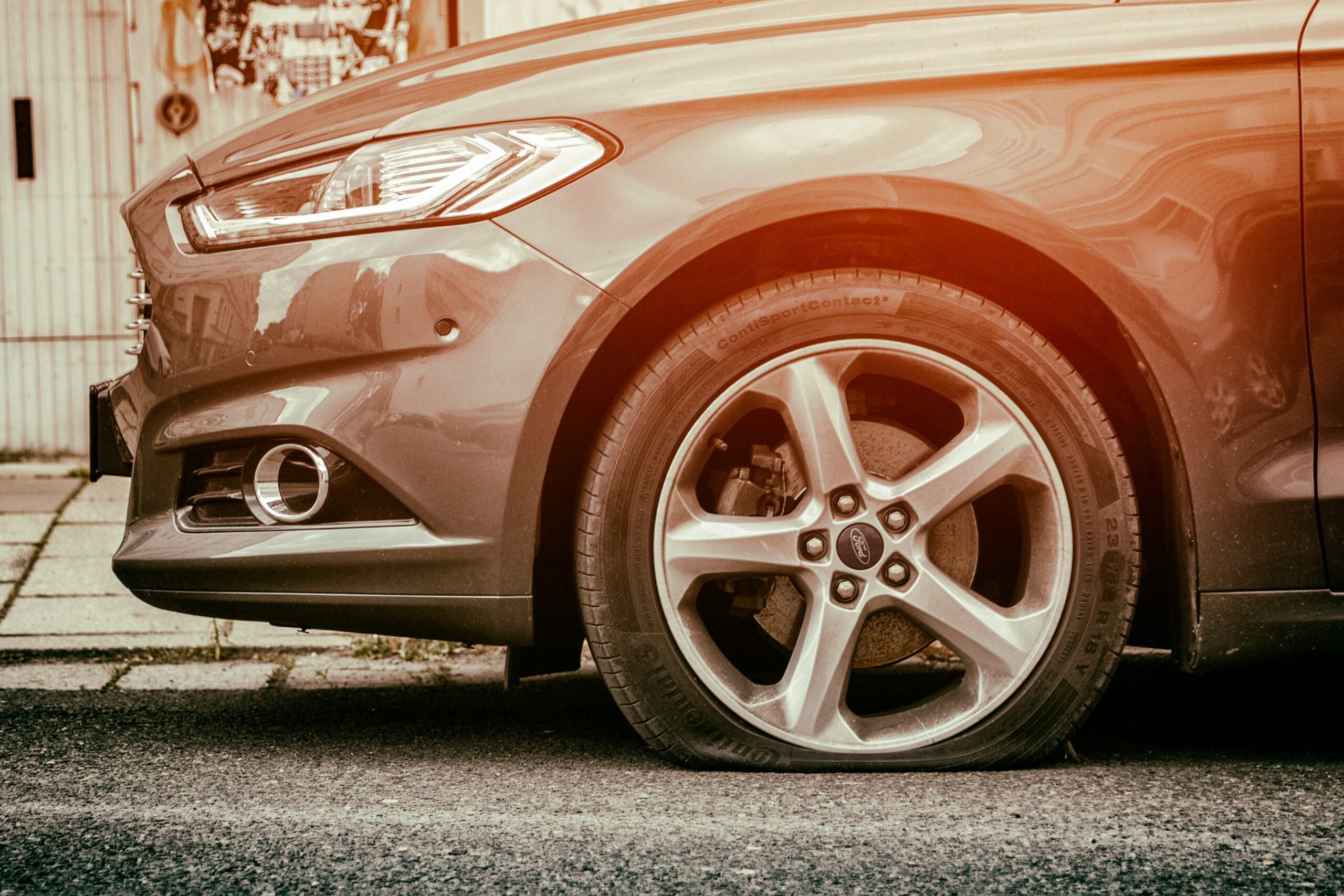
Nobody wants to be stranded on the side of the road. It’s stressful, inconvenient, and potentially dangerous. While roadside assistance is there to help in those situations, wouldn’t it be better to avoid them altogether? This post will cover some common roadside issues and, more importantly, how to prevent them.
1. The Dreaded Flat Tire:
Flat tires are a frequent cause of roadside calls. Here’s how to minimize your risk:
- Regular Tire Pressure Checks: Underinflated tires are more susceptible to punctures and blowouts. Check your tire pressure monthly (including the spare!) and inflate to the recommended pressure found in your car’s owner’s manual or on a sticker inside the driver’s side doorjamb.
- Tire Rotation and Alignment: Regular rotation ensures even wear, extending the life of your tires. Proper alignment prevents uneven wear, which can lead to premature tire failure.
- Inspect Your Tires Regularly: Look for cuts, bulges, embedded objects, and uneven wear patterns. If you notice anything unusual, consult a tire professional immediately.
- Replace Worn Tires: Don’t wait until your tires are completely bald. Replace them when the tread depth reaches the recommended minimum (typically 2/32 of an inch). You can check this with a tread depth gauge or the penny test (if you can see the top of Lincoln’s head when a penny is inserted upside down into the tread, it’s time for new tires).
2. The Dead Battery Blues:
A dead battery can leave you stranded in an instant. Here’s how to keep your battery healthy:
- Regular Battery Testing: Have your battery tested periodically, especially if it’s over three years old.
- Clean Battery Terminals: Corrosion on the terminals can prevent proper electrical flow. Clean them with a wire brush and a mixture of baking soda and water.
- Turn Off Lights and Accessories: Ensure headlights, interior lights, and other accessories are turned off when the engine is off.
- Avoid Short Trips: Frequent short trips can prevent the battery from fully recharging. If you primarily take short trips, consider using a battery maintainer.
3. Running Out of Fuel:
It seems simple, but running out of gas is still a common reason for roadside assistance calls.
- Keep an Eye on Your Fuel Gauge: Don’t wait until the last minute to fill up.
- Plan Your Route: If you’re going on a long trip, plan your route and identify gas stations along the way.
4. Lockouts:
Locking your keys inside your car is a frustrating experience.
- Keep a Spare Key: Keep a spare key at home, with a trusted friend or family member, or in a secure lockbox.
- Consider a Keyless Entry System: Some newer vehicles offer keyless entry systems that can help prevent lockouts.
5. Overheating:
Overheating can cause serious engine damage.
- Check Coolant Levels Regularly: Ensure your coolant level is within the recommended range.
- Inspect Hoses and Belts: Check for cracks, leaks, or wear.
- Get Regular Maintenance: Regular maintenance, including coolant flushes, can help prevent overheating.
Be Prepared, Even If You Can’t Prevent Everything:
Even with the best preventative measures, unexpected issues can still arise. That’s why it’s essential to have a well-stocked emergency roadside kit in your vehicle. This kit should include:
- Jumper cables
- A flashlight with extra batteries
- A first-aid kit
- A reflective vest or triangle
- Basic tools (screwdriver, wrench, pliers)
- A tire pressure gauge
- A jack and lug wrench
- Water and non-perishable snacks
By taking these preventative measures and being prepared for unexpected events, you can significantly reduce your chances of needing roadside assistance and enjoy safer, more worry-free travels. And remember, if you do find yourself in need, we’re just a phone call away!
Leave a Reply